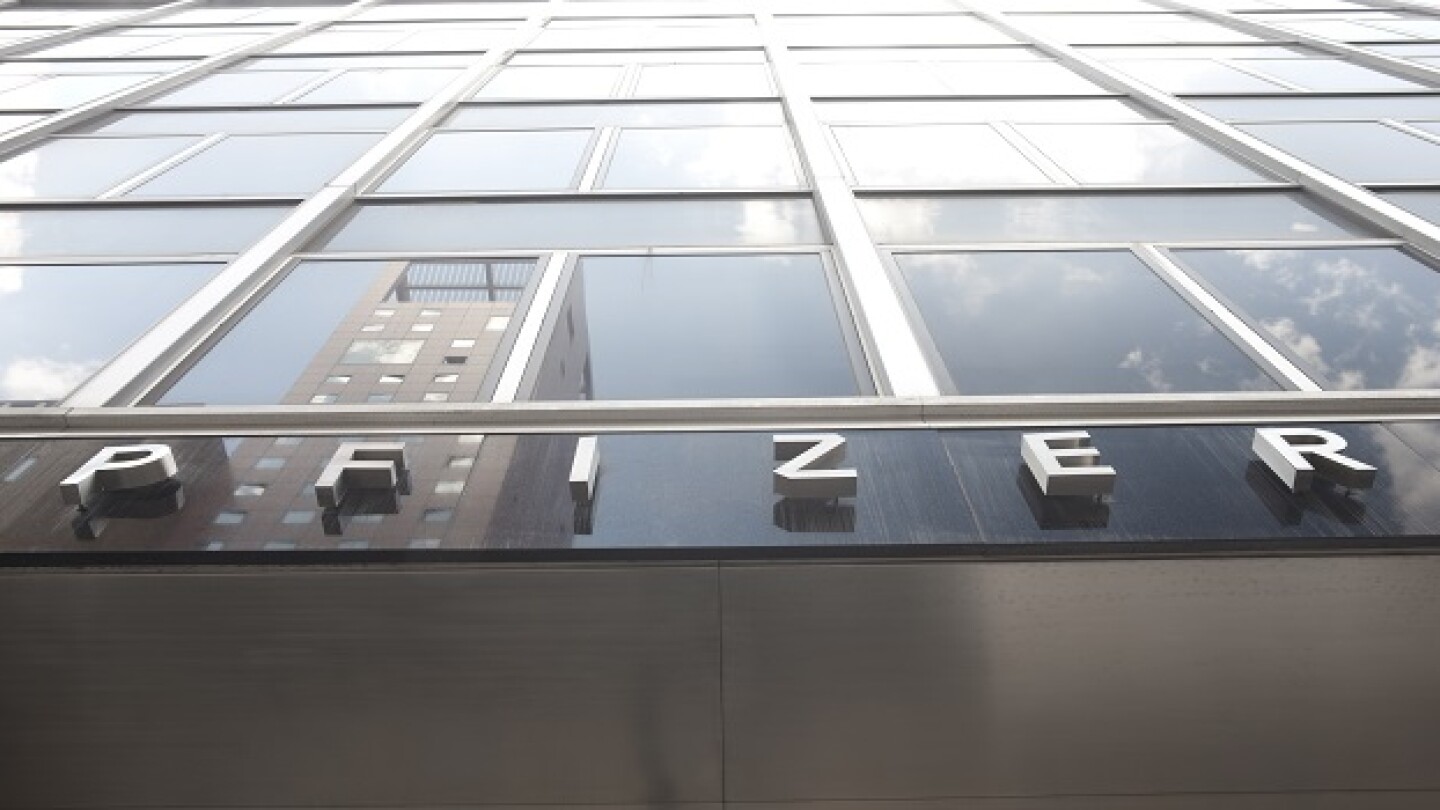Drug pricing
In his State of the Union address on Tuesday evening, President Donald Trump urged Republican leaders to pass legislation cementing his new drug pricing initiatives as he touted his efforts to lower healthcare costs for Americans.
Following Monday’s clinical defeat by Eli Lilly, Novo Nordisk cut the 2027 list prices for its three GLP-1 medicines by as much as 50%, while boasting Phase 2 data for its invesigational triple-G agonist.
The administration’s direct-to-consumer pharmaceutical sales platform will offer products from Eli Lilly, Pfizer, Novo Nordisk, Amgen and more at a discount, though the impact of such pricing remains to be seen.
Opening up about drug pricing decisions is not optional for biopharma anymore. For the sake of credibility, companies should embrace it.
In a Cabinet meeting, Health Secretary Robert F. Kennedy Jr. said the website could go live “probably in the next 10 days,” but an exact launch date remains unclear.
The obesity market and Most Favored Nation drug pricing were among the topics de jour at the J.P. Morgan Healthcare Conference last week, while smaller biotechs sought to assure investors that their regulatory ducks are in a row; Novo Nordisk’s oral obesity pill got off to a hot start while the FDA delayed a decision on Eli Lilly’s investigational offering; and SpyGlass Pharma and AgomAb Therapeutics join the 2026 IPO club.
Incoming PhRMA Chair Paul Hudson, a day before the White House announcement, pledged to work with the administration as the president turns to insurers as a source of cost savings for prescription medicines.
BMO analysts say Eli Lilly is well-positioned to maintain its lead in the ballooning weight loss space, predicting “strengthening leadership in obesity and beyond” as portfolios expand and patient access improves.
AbbVie and Novartis strike billion-dollar pacts while attendees at the J.P. Morgan Healthcare Conference await that one big M&A deal and Merck teases limitless buying capacity; Eli Lilly readies for potential orforglipron launch while Novo Nordisk laments compounders; the IPO window cracks open; and the FDA concludes that GLP-1s do not pose a suicide risk.
Facing the loss of exclusivity on key products, Pfizer has pulled forward its lead obesity asset into Phase III and targeted a 2028 launch. CEO Albert Bourla explained the pharma’s strategy at J.P. Morgan on Monday.
PRESS RELEASES









